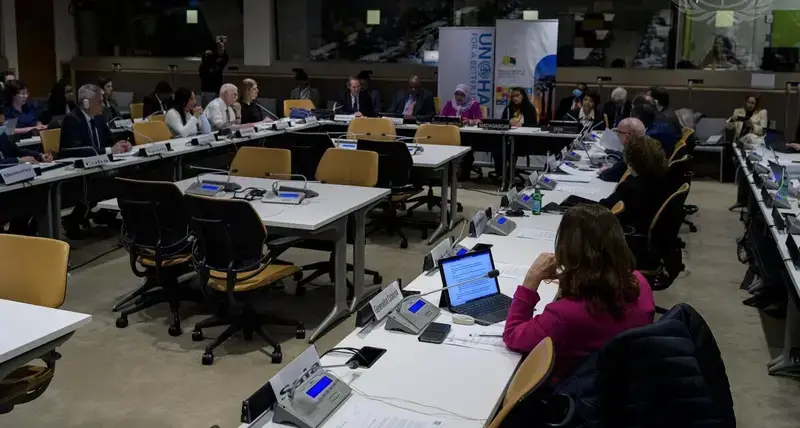Overview
Human Rights, including the rights to adequate housing and safe water and sanitation are contained in the Universal Declaration of Human Rights and international human rights instruments, including the International Covenant on Economic, Social and Cultural Rights which have been ratified by most UN Member States. These rights, once so endorsed, do not have a voluntary character. They impose obligations on states and on the international community, they are universal, cannot be waived or taken away, and are legally protected. The Universal declaration of Human Rights (UDHR) refers to adequate housing in article 25. The International Covenant on Economic, Social and Cultural Rights (ICESCR) also refers to the same in article 11.
The Challenge
The challenges of urbanization, such as rising inequality and the prevalence of slums, are symptoms of a larger deficit to respect human rights in cities, particularly the right to adequate housing and the right to safe drinking water and sanitation. Only when all dimensions of human rights are respected will urbanization realize itself as the transformative force that it is. The human rights dimensions relate to the availability, accessibility, acceptability, adaptability, quality and appropriateness of the rights to adequate housing, safe drinking water and sanitation.
How is UN-Habitat mainstreaming Human Rights?
UN-Habitat commenced cooperation with the Office of the United Nations High Commissioner for Human Rights as early as 2002 to work together for the comprehensive and progressive realization of Housing Rights under the auspices of the joint United Nations Housing Rights Programme. In early 2013 mainstreaming of human rights was approved as a priority issue by the UN-Habitat Governing Council through its inclusion in the 2014-2019 Strategic Plan. Mainstreaming thus empowers UN-Habitat to apply human rights considerations to all parts of its work programme.
How can a Human Rights based approach (HRBA) contribute to a better urban future?
The challenges of urbanization, such as rising inequality and the prevalence of slums, are symptoms of a larger deficit to respect human rights in cities, particularly the right to adequate housing and the right to safe drinking water and sanitation. Only when all dimensions of human rights are respected will urbanization realize itself as the transformative force that it is. The human rights dimensions relate to the availability, accessibility, acceptability, adaptability, quality and appropriateness of the rights to adequate housing, safe drinking water and sanitation.
Human Rights, including the rights to adequate housing and safe water and sanitation are contained in the Universal Declaration of Human Rights and international human rights instruments, including the International Covenant on Economic, Social and Cultural Rights which have been ratified by most UN Member States. These rights, once so endorsed, do not have a voluntary character. They impose obligations on states and on the international community, they are universal, cannot be waived or taken away, and are legally protected.
The human rights-based approach defines a pattern of human rights relationships between the individual – who is the claim-holder with justified claims on the state – and the state – which is the duty-bearer. This has the effect of removing many decisions from the realms of benevolent or charitable decision-making by the member state, and placing an obligation on it to show evidence of serious efforts to realise the rights it has ratified. The state is held accountable through international governance institutions for making progress in fulfilling the relevant rights. A human rights-based approach involves moving away from assessing the needs of beneficiaries towards empowering and building the capacity of claim-holders in asserting their rights.
Impact
Donors and partners
UN-Habitat is committed to the realization human rights in all parts of its work. To do this we collaborate with key stakeholders including rights holders’, local authorities, CSOs and National Governments and other UN agencies.







